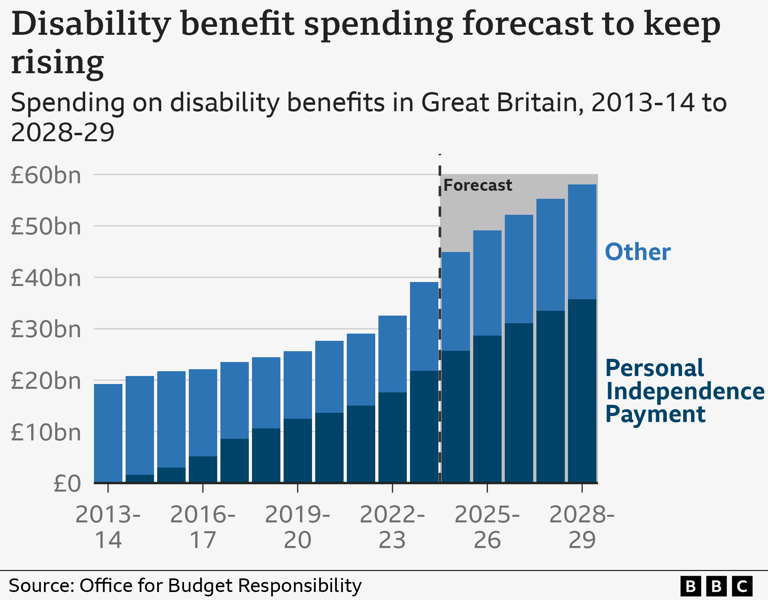The Conservative Party’s announcement of planned cuts to National Insurance alongside reductions in welfare spending has sparked significant debate and scrutiny ahead of the upcoming election. This proposal is a cornerstone of their economic strategy, aiming to balance fiscal responsibility with tax relief initiatives. However, the claims made by both the Conservatives and Labour regarding the impact and feasibility of these cuts warrant closer examination.
Conservative Party’s Proposal Overview
The Conservative Party has outlined a bold plan to slash welfare spending by £12 billion annually within the next five years if they secure electoral victory. This commitment is part of their broader agenda to streamline government expenditure and stimulate economic growth through tax cuts, particularly in National Insurance contributions. The proposed savings are intended to bolster the government’s fiscal position while supporting initiatives that promote economic resilience and recovery.
Labour’s Critique and Disputed Claims
Labour, in response to the Conservative proposal, has raised substantial objections, primarily focusing on the timing and financial implications of the planned welfare cuts. They argue that the £12 billion in savings projected by the Conservative Party have already been factored into the government’s financial forecasts by the Office for Budget Responsibility (OBR). As the independent fiscal watchdog, the OBR is tasked with evaluating the economic impact of governmental policies and providing transparent fiscal projections.
Labour’s contention is that since the Conservative Party’s welfare measures were reportedly announced in autumn 2023, any anticipated savings from these initiatives would have already been included in the OBR’s budgetary assessments. Therefore, according to Labour, the Conservative claims of generating additional savings through welfare cuts may be misleading, as they do not represent new or unforeseen reductions beyond what has already been accounted for in official forecasts.
Prime Minister Rishi Sunak’s Defense
Prime Minister Rishi Sunak, speaking on behalf of the Conservative Party, has refuted Labour’s assertions, labeling them as inaccurate and misrepresentative of the actual scope and impact of the proposed welfare reforms. Sunak contends that Labour’s argument fails to acknowledge the full extent of the Conservative Party’s new policy proposals and their potential to significantly reduce government spending beyond what has been previously outlined or anticipated.
Evaluation and Implications
In evaluating the claims made by both parties, it becomes evident that there is a degree of political maneuvering and strategic framing involved:
- Conservative Assertion: The Conservative Party asserts that their planned welfare cuts will yield substantial savings, contributing to broader fiscal goals such as tax reduction and economic stimulus. They emphasize these measures as crucial steps towards achieving fiscal discipline and promoting private sector growth.
- Labour’s Counterargument: Labour’s critique centers on the timing and financial implications of the Conservative Party’s welfare proposals. They argue that the projected savings have already been incorporated into existing budgetary forecasts by the OBR, suggesting that the Conservative claims of additional savings may be overstated or misrepresented.
As the election approaches, the debate over welfare spending and fiscal management will remain a contentious issue. Voters will need to carefully assess the credibility and feasibility of the proposals put forth by both the Conservative Party and Labour, considering the independent economic forecasts provided by institutions like the OBR. The ultimate impact of the Conservative Party’s planned welfare cuts on national finances and tax policy will depend on the clarity and implementation of these proposals, as well as their alignment with existing fiscal projections and economic realities.
